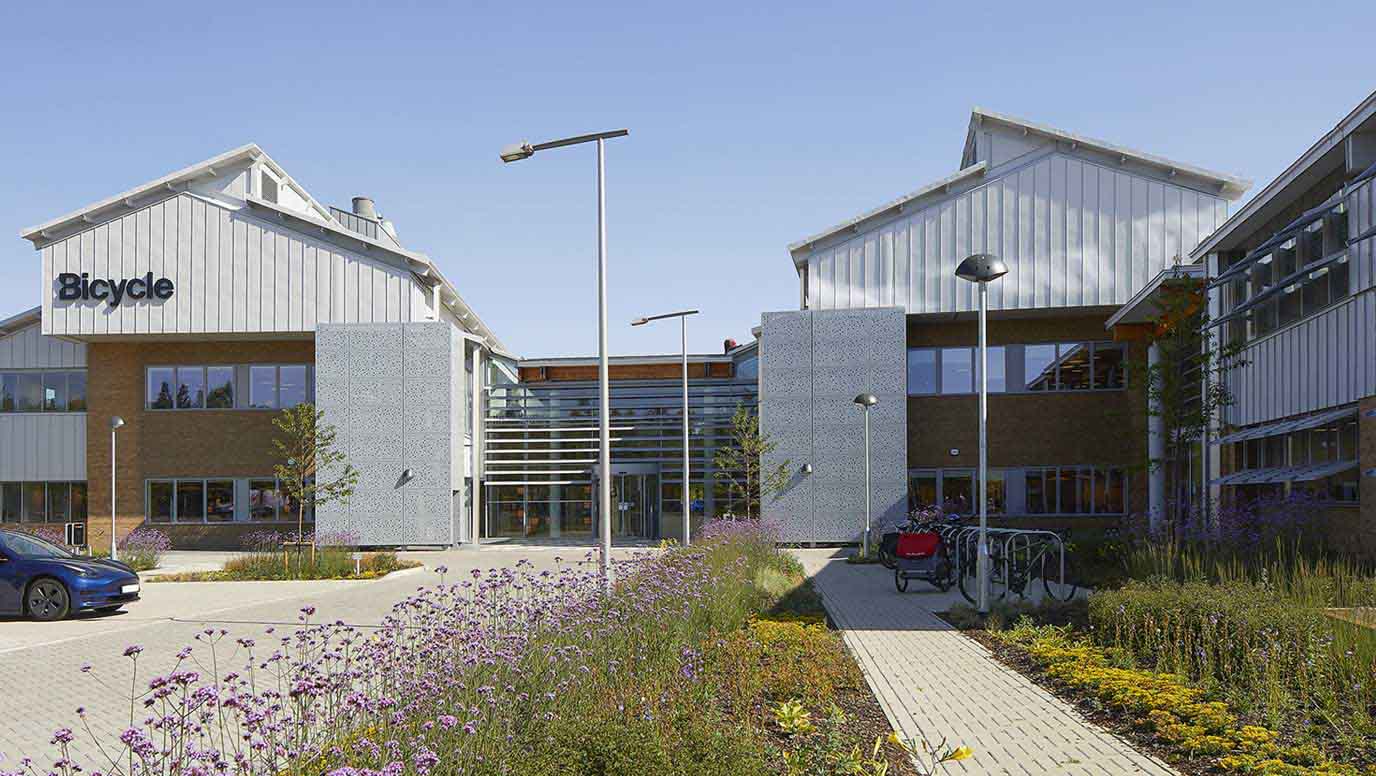Bicycle Therapeutics controls cash burn while advancing potential cancer cures

Research & Development expenses for the third quarter to end-September were only $48.3 million compared to $39.9m the previous September. General and administrative expenses were $18.3m compared to $16.3m while net loss was kept to $50.8m as against $49.9m at the end of September 2023. Cash and equivalents of $890.9m excluded a $31.7 million UK R & D tax credit received in October 2024.
The company has a cash runway into 2027 so whether it will need to raise more funds on Nasdaq to accelerate its portfolio is a moot point.
As recently reported, Bicycle has progressed its radiopharmaceuticals pipeline with the first human imaging data validating the potential of MT1-MMP as a novel cancer target and outlined company strategy in this area.
CEO Kevin Lee says: “In the third quarter, we continued to make significant advancements across our business and pipeline. At ESMO, we reported updated data for our clinical-stage molecules, further supporting their promising monotherapy response rates and differentiated safety profiles.
“Additionally, last week we shared exciting first human imaging data for our first radiopharmaceuticals molecule, validating the potential of MT1-MMP as a novel cancer target and providing important information on the ability of our Bicycle molecules to deliver radioisotopes to the tumour.
“Altogether, we believe these data demonstrate the power and broad capabilities of our Bicycle technology platform, and we look forward to providing additional updates later this year.”
Bicycle Therapeutics is currently assessing BT5528 at 6.5 mg/m2 every two weeks in combination with nivolumab, with results expected in 2025.
The clinical-stage pharmaceutical company is developing a novel class of medicines, referred to as Bicycle® molecules, for diseases that are underserved by existing therapeutics.
Bicycle molecules are fully synthetic short peptides constrained with small molecule scaffolds to form two loops that stabilise their structural geometry. This constraint facilitates target binding with high affinity and selectivity, making Bicycle molecules attractive candidates for drug development.


